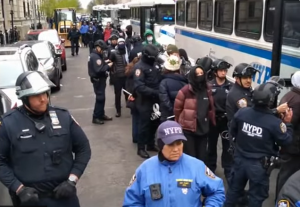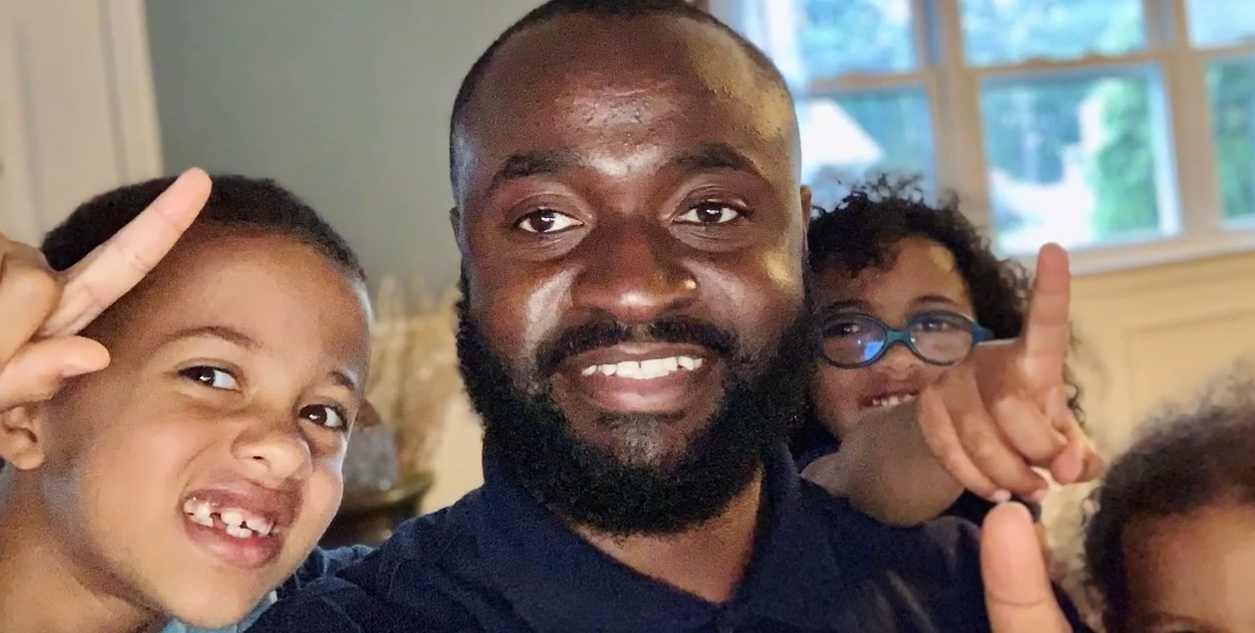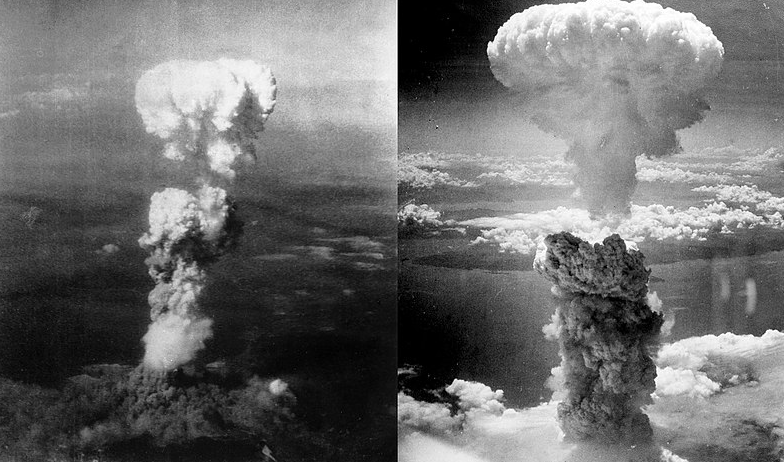By Melinda Burrell\PeaceVoice
Photos: YouTube Screenshots
The protests roiling our campuses reveal a great deal about us as a country. Emotions are easily triggered, many of us are comfortable being angry, and most of us need help to handle conflict constructively.

We’re in a tumultuous year, likely with more protests ahead. Conflict resolution experts say that these protests, these conflicts, are an opportunity for growth. People are invested and want to act. Understanding conflict phases and behaviors is a big help to turning conflict into moments of productive conversations rather than escalating anger.
What are the phases and behaviors of escalating conflict?
First, conflict is dynamic. It often starts about one issue but changes and grows. We pull in more people to our side and with more people, more issues are at play.
Second, emotions take over. We dig into our positions, becoming convinced we are absolutely right. We lose the ability to analyze and to think creatively. We fall back on old conflict behaviors we learned as children, which usually are not constructive.
Third, communication decreases. We lose not only the ability to listen to the other, but also the desire. When communication stops, we lose the most important key to de-escalating and possibly resolving the situation.
Fourth, we start to change and harden. As one side starts to use stronger tactics, the other side changes in response. People start using harsher language, engaging in violence, calling in police, or other conflict-intensifying actions.
Here is what some experts wished universities knew about conflict.

1. People – students, faculty, and administration alike — need to be heard. These are emotional issues that touch our values, our sense of safety, and our sense of identity. A first step is to create a forum for people to express themselves and be heard. And a first step for those forums is to have the participants co-create guidelines for how to have constructive, rather than destructive, conversations.
2. Intimidation and force tend to increase resistance and resentment. Administrations which engaged with students, rather than resorting to intimidation, had better outcomes. Brown University and Northwestern University both opened dialogue with protesters, giving them formal opportunities to engage with the university boards. Students felt they had an impact and, in return, worked to end the encampments. Kennesaw State similarly modeled a nonviolent approach. They created panel discussions for students, staff, and law enforcement. By allowing everyone to connect as well as appreciate each other’s perspectives and roles, the university eased the current crisis and built capacity to withstand the next.
3. There is no need to navigate conflict alone. Many resources exist. These range from peace teams – civic groups trained to help de-escalate protest-type scenarios – to community mediation or dispute resolution centers which have experienced mediators and facilitators to help design and lead dialogue sessions. National Association for Community Mediation has a searchable database of these organizations. The Association for Conflict Resolution and the United States Institute for Peace both offer tools for understanding conflict. The Bridging Divides Initiative lists groups which specialize in de-escalation, and the TRUST Network links groups working to mitigate political violence.
Emotions are likely to keep running high as we head towards the November election. Understanding the importance of creating forums to listen – and of reaching for help in navigating conflict – are good bets.

Melinda Burrell, PhD, syndicated by PeaceVoice, is a former humanitarian aid worker and now trains on the neuroscience of communication and conflict. She is with the National Association for Community Mediation, which offers resources for community approaches to difficult issues.








